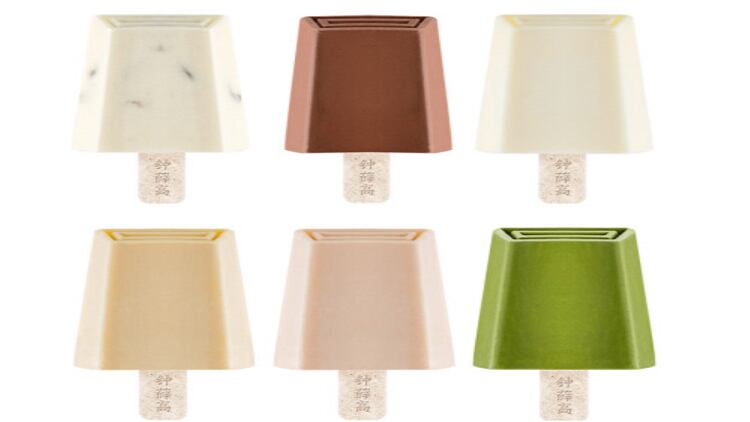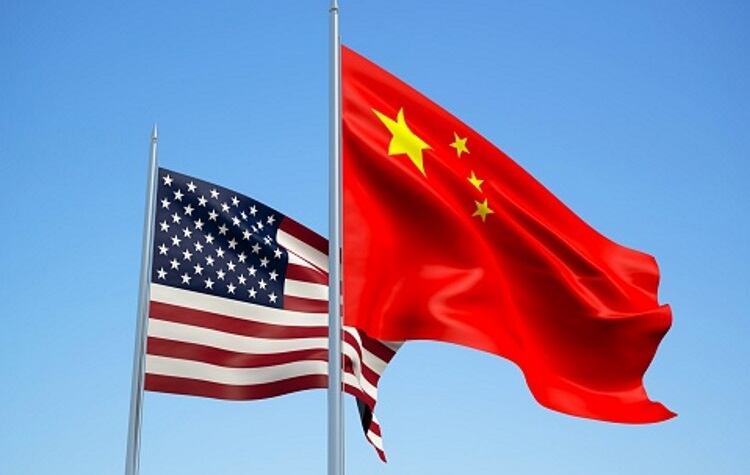From internet sensation to trusted brand: Chinese ice-cream firm reveals secrets of success
Brand owners will need to fulfill four steps for their products to evolve from an internet viral to a well-trusted consumer brand, according to Chinese ice-cream maker Chicecream.
Chicecream shot to instant fame last year, after its tile-shaped ice-cream became an internet sensation.
During last year’s Double 11 shopping event, its daily sales exceeded RMB$4.6m (US$682k), emerging as the best-selling brand in the ice-cream category.
Despite amassing a crowd of new found fans, CEO Frank Lin is not resting on his laurels.
He opined that it was paramount to break through the stage of being an internet viral, to a trusted and accomplished brand, a topic that he would speak on during Food & Beverage Innovation Forum (FBIF) 2019.
NK ok? Chinese food equipment firm preparing to sell to North Korea once sanctions lifted
Tianjin based food processing machine manufacturer, Saint Ngong Tat Machinery, is making preparations for market entry once sanctions against North Korea is lifted.
The company has observed changes in North Korean’s consumption demands different from more than eight years ago.
The company, which makes food processing machines for making staples such as noodles, has observed that the North Koreans are demanding western products, such as macaroni and spaghetti, during an invitation by China Council for the Promotion of International Trade Tianjin Sub-Council to Pyongyang International Trade Fair held in September last year.
Deputy General Manager Wang Ge told FoodNavigator-Asia that the company hoped that the sanctions could be lifted “as soon as possible”.
Ingredients, processed food, and RTE-goods: The top three opportunities in China’s halal food market
Halal ingredients, processed food, and ready-to-eat (RTE) foods are the top three opportunities that China’s halal food market present, according to the Singapore Malay Chamber of Commerce & Industry (SMCCI).
With the opportunities identified, the SMCCI is helping Singapore halal food brands specialising in these areas to gain entry into the China halal food market, Zaki Masturi, programme manager from SMCCI told FoodNavigator-Asia.
Examples of halal ingredients include pastes, sauces, while halal processed food include fish balls and chicken nuggets.
As for RTE food, they include satay and dendeng (barbequed chicken or beef).
Claims Coca-Cola shaped Chinese anti-obesity policies to its advantage via government ties: Studies
Coca-Cola’s ties with the Chinese health authorities have focused anti-obesity policies on physical activity over regulation of the food and beverage industry, two new studies are claiming.
Two studies, published in the Journal of Public Health Policy and the BMJ, said that Coca-Cola’s links with Chinese health authorities, have caused China’s anti-obesity policies “to emphasise physical fitness over dietary restrictions, matching strategies advocated by Big Soda.”
Conducted by Susan Greenhalgh, a research professor at Harvard University, the study pinpointed that the International Life Sciences Institute (ILSI) – founded and funded by Coca-Cola, was a stepping stone that the soda giant used to shape anti-obesity policymaking in China.
There are 17 ILSI branches worldwide, but Greenhalgh posited that it welded a greater influence in China due to the connections that it enjoyed.
Plant-based egg goes east: JUST outlines China expansion plans
US food tech firm JUST would be launching its plant-based product, JUST Egg, in China in the upcoming weeks, CEO Josh Tetrick told FoodNavigator-Asia.
Made from mung beans, JUST Egg will first enter China via e-commerce platforms, including Tmall and JD.
The e-commerce launch will take place sometime in January 1 to February 15, Tetrick said, depending on the market roll out process.
Besides e-commerce, JUST is also working with retail stores and restaurants to sell its plant-based egg.





